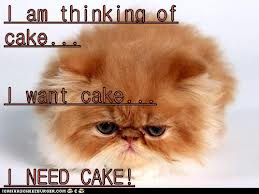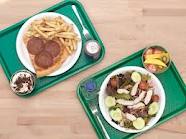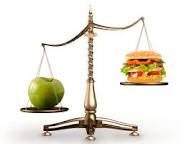A belated “Happy New Year” to you all!
Whether you visited my site through an interest in Cognitive Behavioural Therapy, or Yoga Relaxation and Mindfulness, you are very welcome and I hope this site serves to encourage and inspire.
So how do you view January? As a chilly month in the depths of winter, or as the opportunity to renew, replenish and refresh?
If you are thinking about CBT, then the chances are you are not feeling your happiest and so this month may well be the former. Winter has the effect of keeping us closed in, both in terms of where we are physically, and our emotional and psychological Selves as well. It is all too easy to become enmeshed in any negative feelings. This time of year encourages us to hibernate and take stock. When we are feeling positive and mentally strong, this is good for us. However, if we are feeling down or dejected, having too much opportunity to contemplate our woes is rarely beneficial.
If you are interested in yoga, then your interpretation of January may be entirely different. This is because, for a yogi, every day is a new beginning, bringing with it the opportunity to grow and develop all aspects of our Self. From respecting our physical body when we eat and drink healthily, exercise regularly and relax properly, to improving mental strength and focus through mindfulness, meditation and resilience, we yogis seek to improve and develop through every day of our lives.
So how do we move from viewing January as a depressing month, to seeing it as an opportunity to move forward and develop?
It is all a matter of perspective. Firstly consider what it is that is holding you back and causing you to feel whatever negative feelings you have. Then decide if you feel strong enough to tackle these issues on your own. Can you call on support from people around you? Do you want to tackle your issues at all? Or is fear of the unknown holding you back? It takes a brave person to look their life squarely in the face and admit there is a problem!
For more help and advice around these areas, you can click on the links above, read previous blogs, or just email me or give me a call.
SO WHY NOT WORK ON ENABLING THIS NEW YEAR
TO BE THE ONE THAT YOU WANT IT TO BE!

 ander around the shops in our local towns on a Saturday, passing increasing numbers of bakers, chip shops, burger bars, fast food shops, cafes, restaurants … the choice is seemingly limitless. We go home and sit in front of our television screen where we are shown advertisement after advertisement encouraging us to try this new food or that one. It is not surprising that we find ourselves giving in to temptation and eating something we hadn’t planned to, didn’t need to, and often didn’t really want to eat!
ander around the shops in our local towns on a Saturday, passing increasing numbers of bakers, chip shops, burger bars, fast food shops, cafes, restaurants … the choice is seemingly limitless. We go home and sit in front of our television screen where we are shown advertisement after advertisement encouraging us to try this new food or that one. It is not surprising that we find ourselves giving in to temptation and eating something we hadn’t planned to, didn’t need to, and often didn’t really want to eat! 
 ou are about to go in the bakers/chip shop or wherever, try this experiment in food awareness: Stop and ask yourself why you are going in. Are you genuinely hungry? Does your body need that sort of food? Could you be kinder to your body and give it something it really needs, rather than something you feel you want?
ou are about to go in the bakers/chip shop or wherever, try this experiment in food awareness: Stop and ask yourself why you are going in. Are you genuinely hungry? Does your body need that sort of food? Could you be kinder to your body and give it something it really needs, rather than something you feel you want?